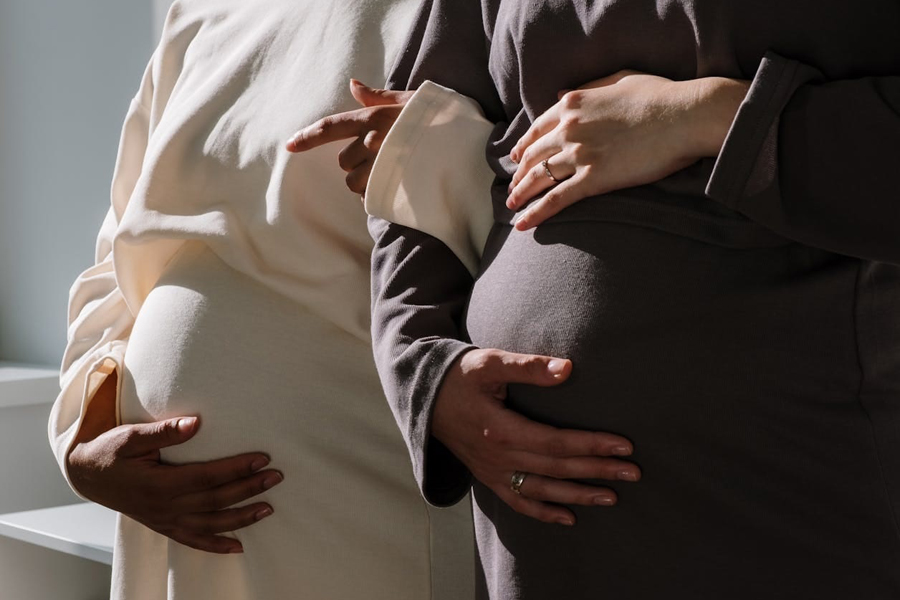The poor are majority victims of detention without trial- study
A new study has indicated that there is a correlation between socio-economic status of persons in detention and the trends and patterns of detention including reasons for arrest.
The constitution stipulates that a suspect should not be detained at police for more than 48 hours without being taken to court but on the other side, the law also says that maximum time spent in pre-trial detention(in prison) should be no longer than six months
Named "Protecting constitutional and procedural rights of pre-trial detainees through access to justice in Uganda”, the baseline survey carried out by Avocats Sans Frontières and funded by the Austrian Development Cooperation indicated that majority of the victims of detention without trial are either the less educated or poor or both.
“Under level of education, the biggest majority of suspects(respondents) at 35% at police out of the 55 male suspects interviewed had attained primary leaving education, 29.1% had no qualification while only 22% had the equivalent of Uganda Advanced Certificate of Education and only 1.8% having a degree,” said Rashid Bunya, the project coordinator at Avocats Sans Frontières.
He explained that equally within prisons, of the 477 male respondents, the majority at 40% had primary seven certificates, 37% had no qualification , 16% had UCE and 3% had UACE certificates.
“It therefore appears that the less educated one is, the more likely they are to end up in conflict with the law. The same applies to juveniles in conflict with the law, where the biggest majority, 77% had only attained primary education.”
According to the report, similarly, detainees at both prison and police, the biggest majority, 76% were engaged in household or peasant work with only 8% engaged in formal employment with 3% being women and 5% for men.
“Generally, women in Uganda are less likely to finish school, won factors of production such as land and are mostly likely to suffer stereotypes that keep them out of school and employment compared to their male counterparts. Lack of or limited education and unemployment seem to be mutually reinforcing factors predisposing one to unemployment.
The study also indicates that most of those affected by detention without trial are suspects on petty offences like theft.
Recommendations
The study by Avocats Sans Frontières’ recommended that government should come up with a state brief system or legal aid system which is state funded to make sure the most vulnerable people can access justice.
“We recommend that police comes up with an oversight authority that can oversee the misconduct of officers. We realise that the Professional Standards Unit is not doing a good job. You can’t be an institution and police yourself. We have also recommended for government to recruit more state prosecutors to balance with the increased number of judicial officers recruited by the judiciary,” Bunya said.
Commenting about the report, the Uganda Human Rights Commission chairperson, Mariam Wangadya said the knowledge about the right to bail and bond has not directly translated into access to justice by those in pre-trial detention.
“This is because without a services of a lawyer or a legal aid, suspects oftentimes are not aware of the process on how to apply for police bond, while those on remand lack legal representation means that they cannot fulfil all necessary formalities and pursue cause listing their cases even for bail hearing thereby overstaying in detention,”Wangadya noted.
She added that with time, many of these detainees are compelled to make false confessions, especially through plea bargaining so as to get the much needed relief.
The Austrian representative to Uganda, Dr. Roswitha Kremser described as disheartening, the state of affairs highlighted in the study.
“I am very sad when I realise from the study that people don’t have access to lawyers. The report indicates that majority of the inmates during the period of incarceration didn’t interact with any knowledgeable person to advise them on their rights to bail, police bond and speedy trial,”Dr.Roswitha said.
“This report shows that we are all called to do more. We as the Austrian Embassy will always work with police, prison and other government services , judiciary and NGOs to overcome those challenges but above all, the report says we have to do more.”













